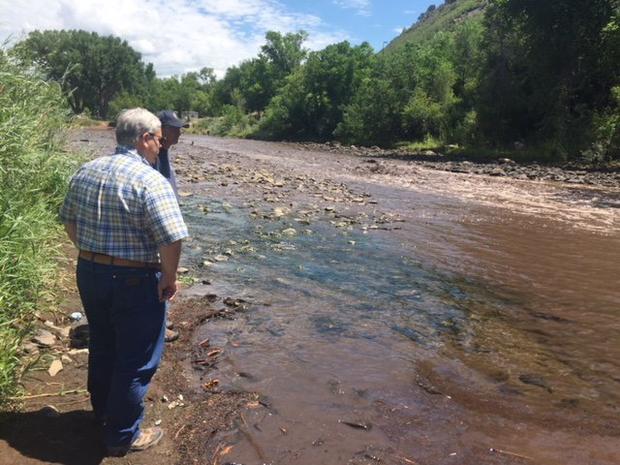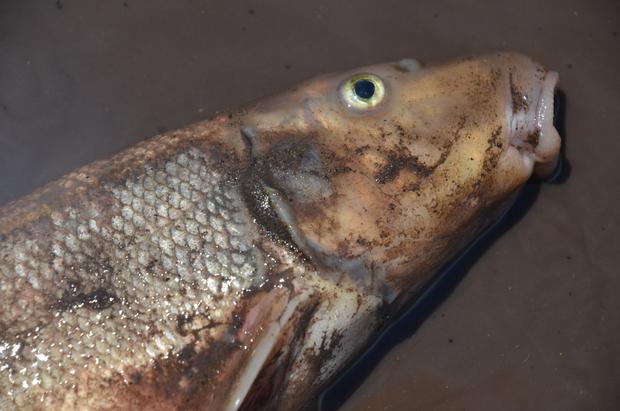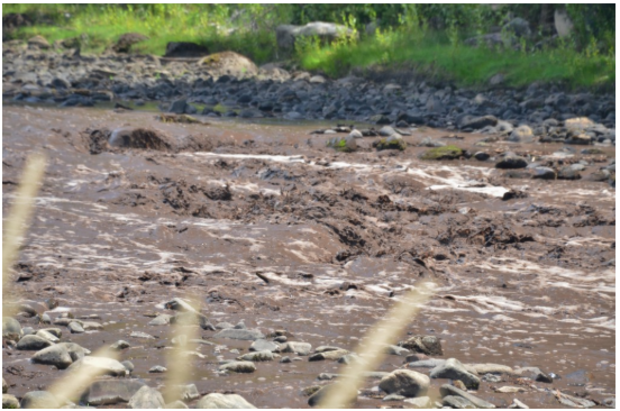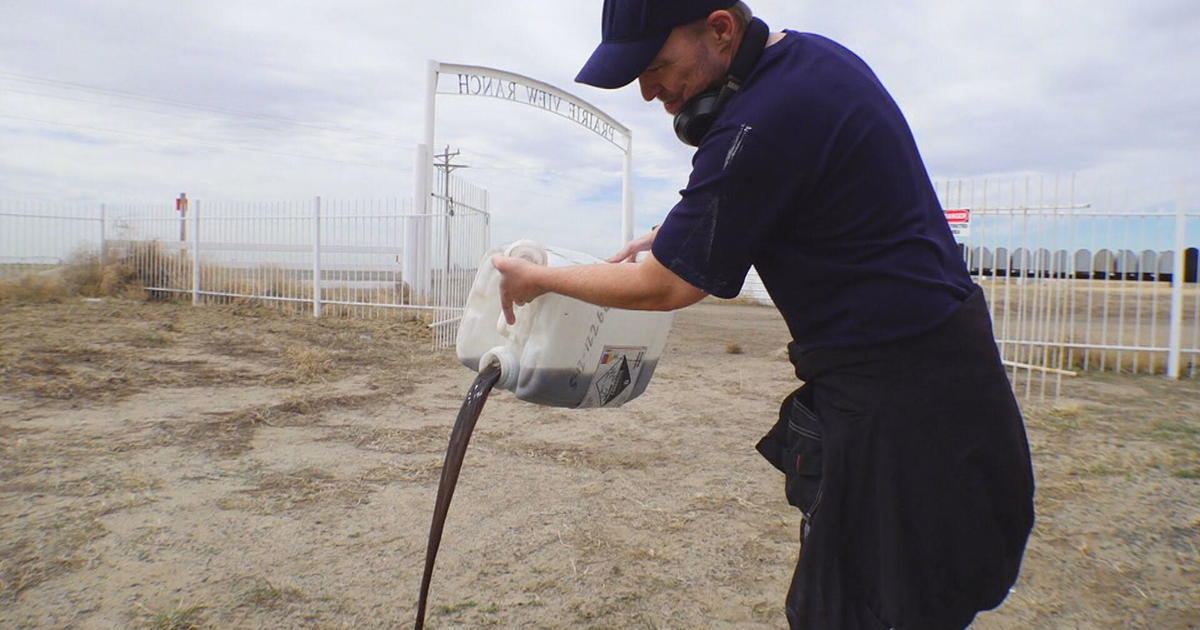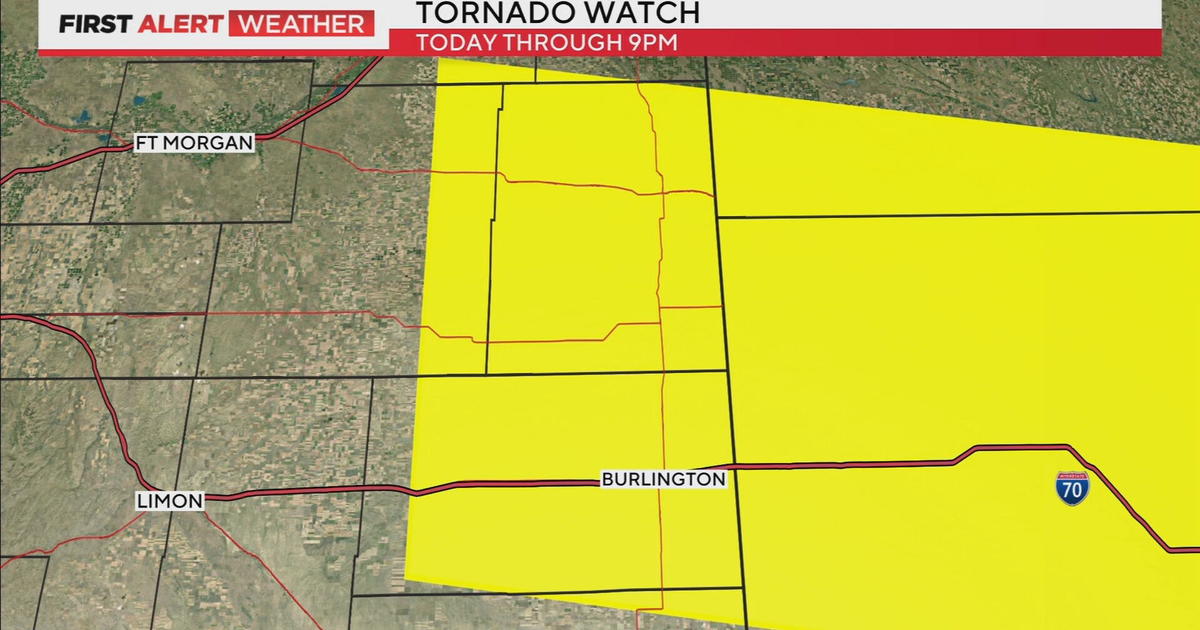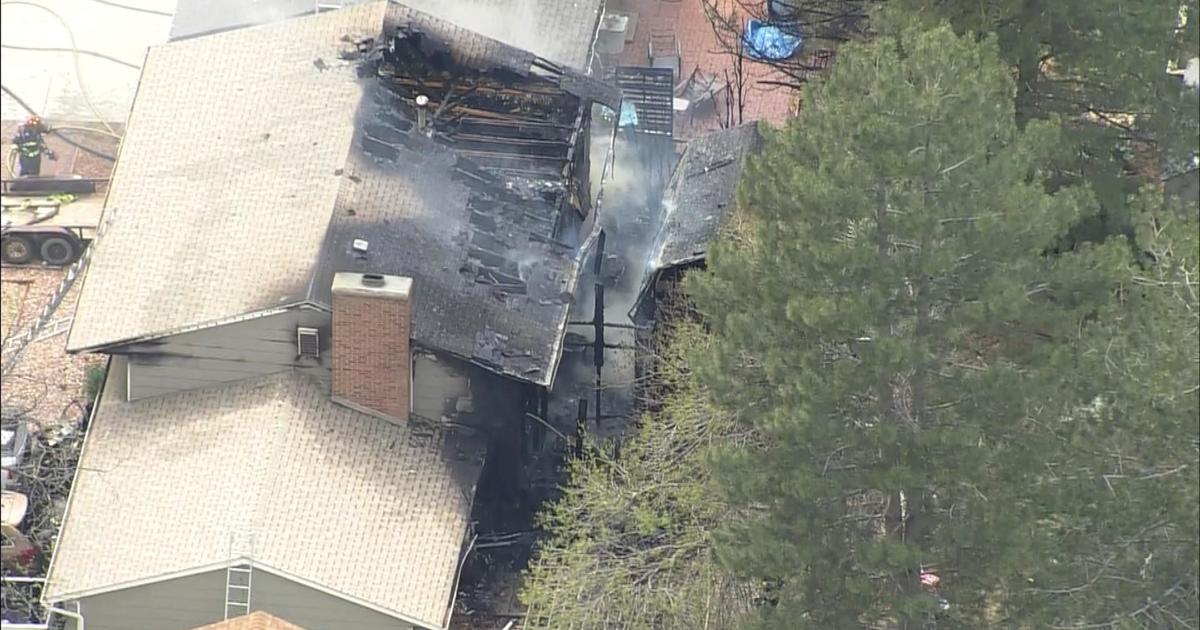Animas River Fish Dying Due To Low Water Levels, Forest Fire Debris
DURANGO, Colo. (CBS4) -- Wildlife officials are asking anglers to fish early in the day in the Animas River.
Water levels are already low in the region due to drought. The Animas measured 300 cubic feet per second on July 17th. It's average flow this time of year is near 1,000 cfs, according to Colorado Parks and Wildlife.
Worse, the low water is failing to maintain cool temperatures. Currently, the river's temperature is rising above 70 degrees in the afternoons, which is 12 degrees warmer than the average for this time of year.
Seventy degree water can kill some species of Colorado fish.
"The temperature of the water does drop at night, so when the water clears, we suggest fishing in the morning hours until noon," said John Alves, senior aquatic biologist for CPW's Southwest Region. "The fish are already stressed because of the warm water and their stress level only goes up when they start fighting a hook and line. Anglers can also go to high-elevation creeks where the water stays cool."
On top of its other issues, the Animas is suffering from runoff originating in the 416 Fire area.
On July 10, dead fish were reported in the river north of Durango and along its path through town. Parks and Wildlife officials determined forest fire ash flushed by heavy rain off the charred slopes killed the fish.
"Water the color of a chocolate bar," wrote a CPW official in a Twitter message.
The debris came from the Hermosa Creek drainage 10 miles upriver.
"We inspected the fish and found their gills were coated in ash which caused them to suffocate," Alves said.
This, as monsoon season approaches.
"The water in the Animas River is so low that it can't dilute the ash and sediment flow," Alves said.
Alves also asked that anglers not unnecessarily tire fish during capture, and to release them as quickly as possible.
"Hopefully, snow next winter will help the river and fish recover," Alves said. "But we can all do a little now to reduce stress on fish and on the river."
